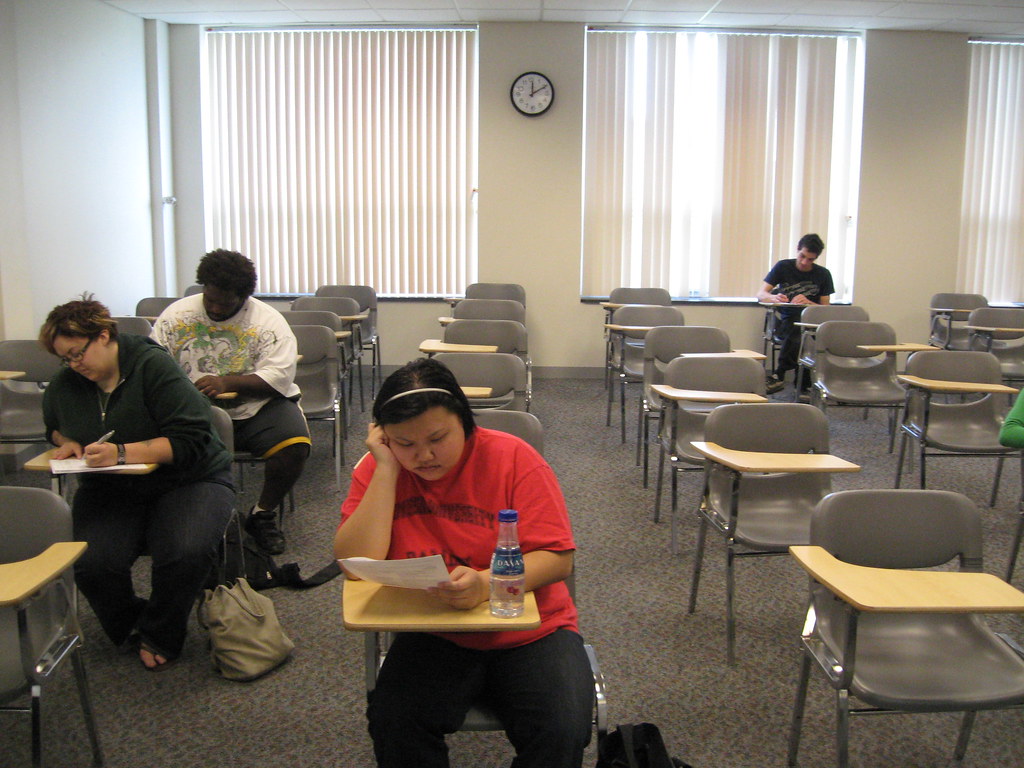


PHIL 121-02
Camden County College
Spring 2009



Ironically, having extreme confidence in oneself is often a sign of ignorance. Remember, in many cases, such stubborn certainty is unwarranted.Last week, I jokingly asked a health club acquaintance whether he would change his mind about his choice for president if presented with sufficient facts that contradicted his present beliefs. He responded with utter confidence. "Absolutely not," he said. "No new facts will change my mind because I know that these facts are correct."
I was floored. In his brief rebuttal, he blindly demonstrated overconfidence in his own ideas and the inability to consider how new facts might alter a presently cherished opinion. Worse, he seemed unaware of how irrational his response might appear to others. It's clear, I thought, that carefully constructed arguments and presentation of irrefutable evidence will not change this man's mind.

This may sound insulting, but one of the goals of this class is getting us to recognize that we're not as smart as we think we are. All of us. You. Me! That one. You again. Me again!"How can we better believe what is true? While it is of course useful to seek and study relevant information, our minds are full of natural tendencies to bias our beliefs via overconfidence, wishful thinking, and so on. Worse, our minds seem to have a natural tendency to convince us that we are aware of and have adequately corrected for such biases, when we have done no such thing."

![[Placeholder for Funny AltText]](https://blogger.googleusercontent.com/img/b/R29vZ2xl/AVvXsEi5WP9iy0qEyZQD2rbPhEtKJnG1k3PGCjQI3L-PPaB4gJrAYTTudH_AkVgmn2KZ9hFrV_9uXEc4KgfYh5ha1TUCKkr4OhtzQVZs7rZFrI09k8v7TsQbv15ziSaayeQoh3uKvnmRPOuHFjPp/s400/procat.jpg)

Attendance is mandatory for the group presentations on Wednesday (5/6/09), and Friday (5/8/09). It's the only time I'll be a stickler for it. Basically, I want you to show respect for the other groups presenting.One last thing: be sure to keep the presentations under 15 minutes. A 10-minute presentation is ideal, so we can have time for a short question-and-answer session afterward.
If you don't attend on either the days your group isn't presenting (and your absence isn't excused), your own personal presentation grade will drop. Each day you don't attend will lower your grade by a full letter grade.
This mini-article on acne and anxiety raises a combo platter of questions relevant to what we're going over in class.
1) Reverse cause & effect: Does acne cause stress, or does stress cause acne?What say you?
2) Questionable statistics: Do you trust the stat that students were 23 percent more likely to experience breakouts around the time of a test? Is it a good study? A reliable source? An undemanding stat?
3) Questionable use of statistics: If the above statistic is true, is it reasonable to conclude that anxiety causes acne? Or is there another plausible explanation?

| The Colbert Report | Mon - Thurs 11:30pm / 10:30c | |||
| Better Know a Lobby - Drug Lobby | ||||
| colbertnation.com | ||||
| ||||